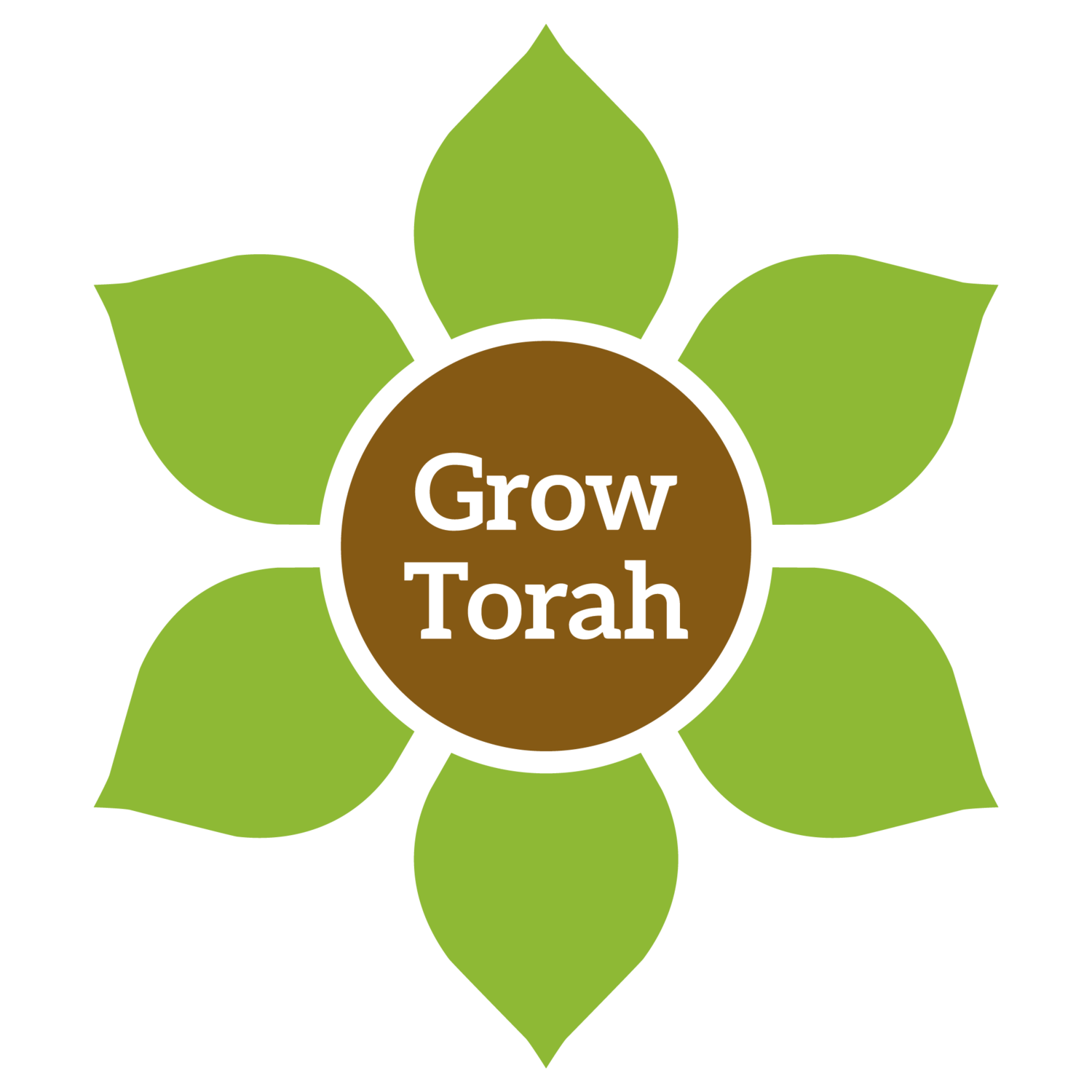Breisheit: The Stewardship Paradigm
In Parshat Bereshit, Hashem creates the universe. He commands us to “subdue” the land. How exactly should that directive manifest? Additionally, how are we to reconcile this mandate with that of perek bet in which Hashem tells us to “guard” the land? How can we have both of these relationships with the land? Is there a balance that Hashem wants us to strike?
Noach: A Paradigm for Environmental Consciousness
What lessons can be learned from Noach’s actions before, during, and after the flood? How did humanity affect the earth in that generation? How do we affect the earth now?
Lech Lecha: Joining Together for Justice in the Land
In this week’s parsha, Avraham and Lot find themselves with too many resources for the land to support. What does this mean? How did it come about? What can we learn from it? We must learn to properly share resources to avoid unnecessary waste.
Vayera: The Sin of S’dom and Its Impact on Creation
In this week’s parsha, Hashem destroys the cities of S’dom and Amora based on their “grave sin.” What was their sin? Why do the pesukim make a connection between the sin and the productivity of the land? What can we learn from this? We are part of creation and its natural laws. When we violate the mitzvot, it can directly affect the earth.
Chayei Sarah: Praying in the Fields
In this week’s parsha, the passuk says that Yitzchak went out "לָשׂוּחַ בַּשָּׂדֶה." What was he doing in the field? What can we learn about tefillah from this action? What can we learn about our connection to the environment? Vegetation exists because of human acknowledgment of its Source.
Toldot: Digging the Wells - The Importance of Protecting Our Natural Resources
In this week’s parsha, Yitzchak has a conflict with neighboring nations regarding his source of water. What can we learn about the earth’s resources from this occurrence? What can we learn about our actions during conflict? How can we positively impact our fellow humans’ experiences regarding basic necessities? Access to clean water is not a given, but we can change that.
Vayeitzei: Jewish Geography
In this week’s parsha, Yaakov has a curious experience regarding a “place” and a dream of angels climbing a ladder. What is the significance of this experience? What can we learn about how to manifest our spiritual inspiration? How can we balance the spiritual and physical? The spiritual is not the exclusion of the physical; we must find where the two meet.
Vayishlach: Small Vessels
In this week’s parsha, Ya’akov ends up alone across a stream after the passuk says “he sent across all of his possessions.” The Gemara tells us that he was retrieving small vessels. Why were these vessels so important? What does this teach us about our relationship with our belongings? There is potential in all of the things that Hashem gives us and we have the opportunity to find it.
Parshat Vayeishev: Shepherd-Consciousness and the Post-Industrial Jew
In this week’s parsha, we are introduced to the personality of Yosef. The Torah tells us that, like many of our ancestors, he was a shepherd. Can we glean anything beyond the basic responsibilities of a shepherd? What did they think about on the job? What benefits did they gain, which we could stand to gain? Times of seclusion can be more than just the absence of noise.
Mikeitz: The Song of the Land – A Torah Teaching for the Western Environmentalist
In Parshat Miketz, Yosef is reunited with his brothers (although it is unbeknownst to them). The Torah tells us that Yaakov sends a “care package” down with his sons to the ruler, gifting him with fruits of the land of Israel. What was Ya’akov’s intention in sending this gift? What can we learn from the concept of a care package that is native to a land? We can regularly recalibrate our love for the land by learning about and connecting to what makes it special.
Parshat Vayigash: Lessons from Yosef’s Foresight and Restraint
Yosef’s agricultural precautions prove successful in Parshat Vayigash. How was Yosef able to manage this feat? How can we emulate Yosef in this regard? When is self-restraint appropriate in our material lives? We can reassess how we contribute to climate change and develop a more global view vis-à-vis our resource consumption.
Parshat Vayechi: Eating Holy Food in a Holy Way
In this week’s Parsha, Yaakov gives blessings to the shevatim specific to their territory in Eretz Yisra’el. The berachot reveal a personal role in food preparation for the inhabitants of Israel. Is this notion an ideal we should strive for? How so? What is our current relationship with our food sources? There are ways to produce our food that are more humane, are more energy-efficient, and that facilitate a greater understanding our where we get our food.












